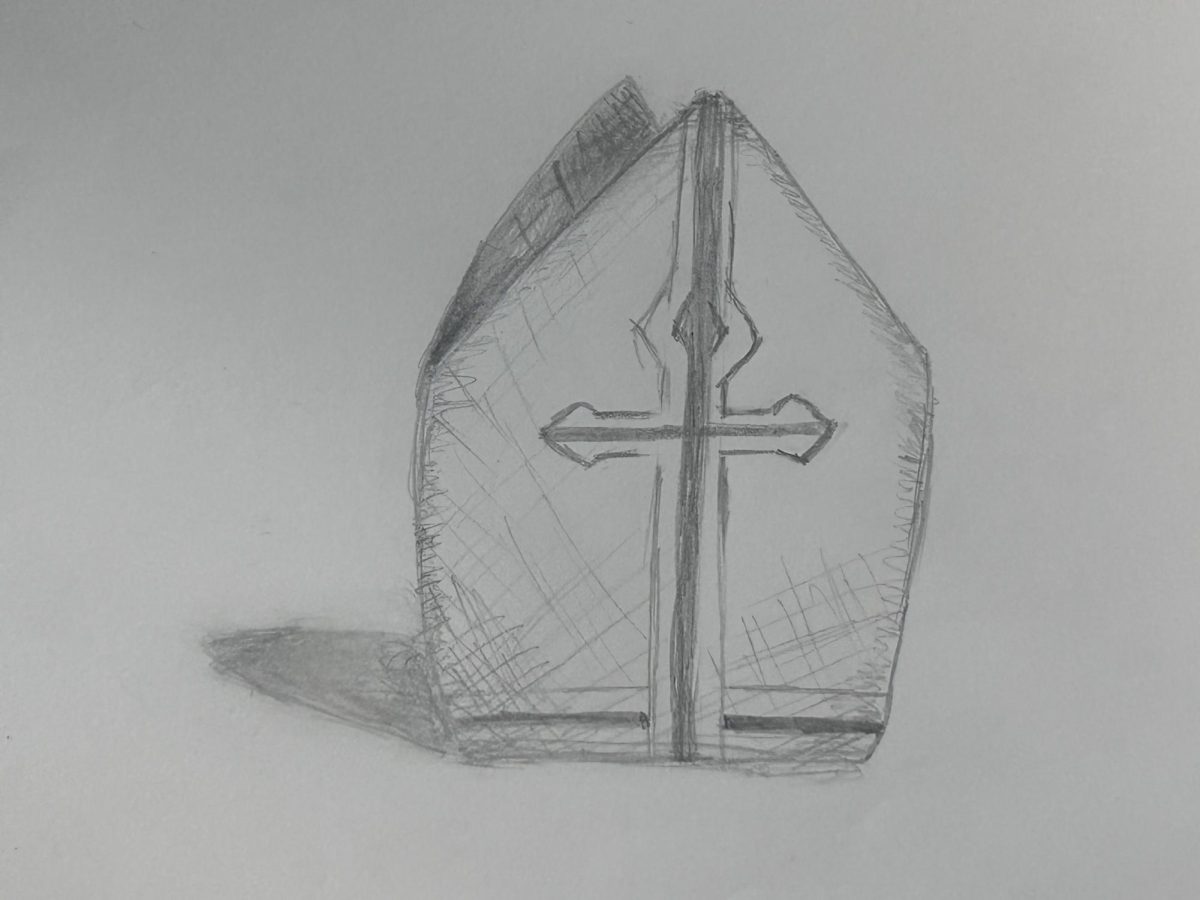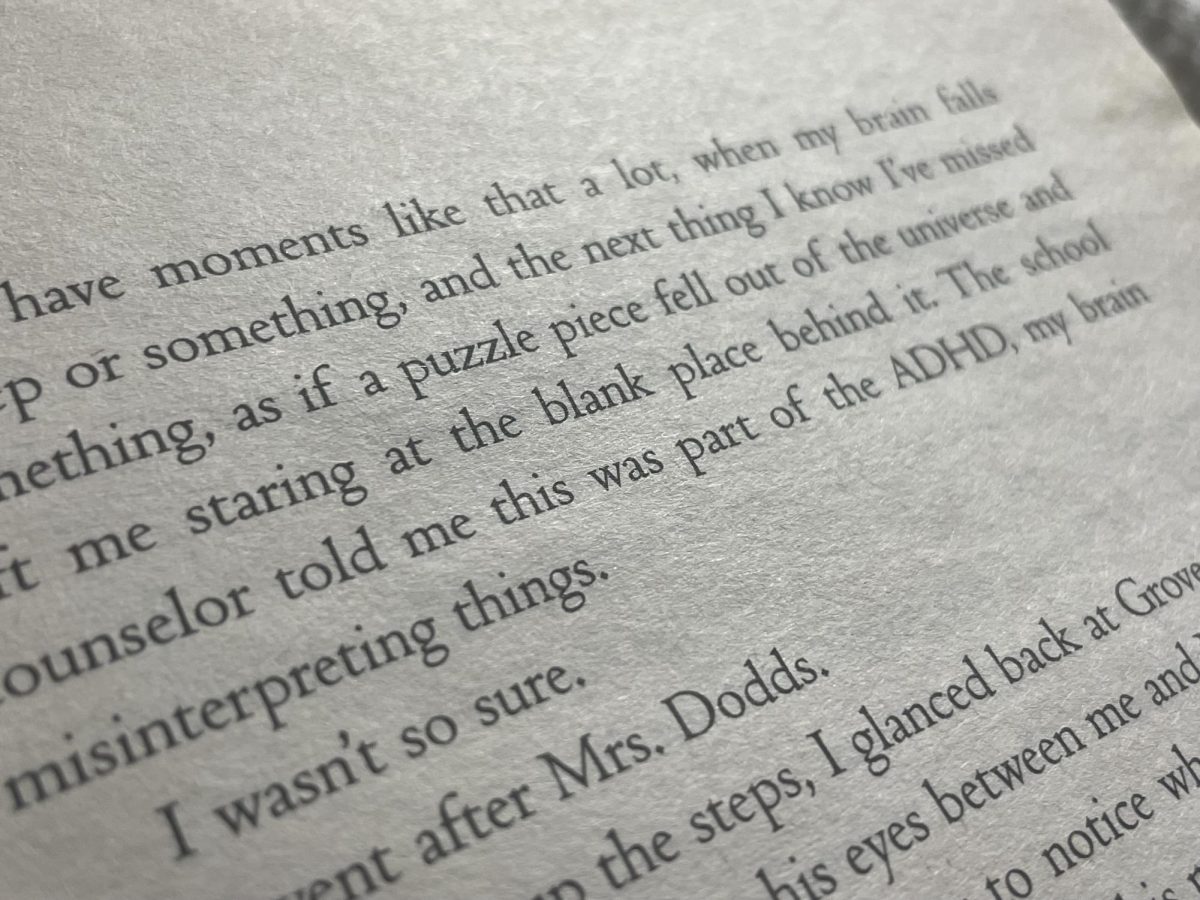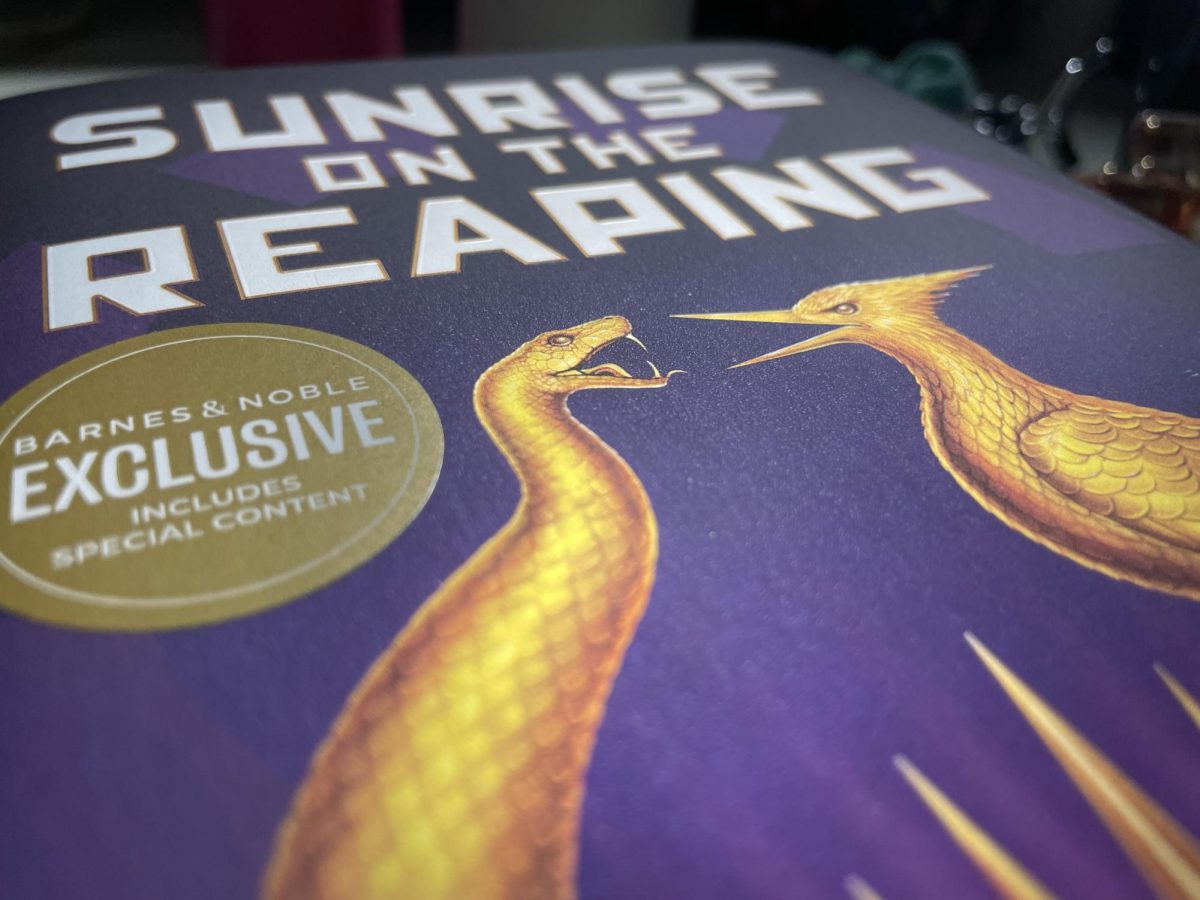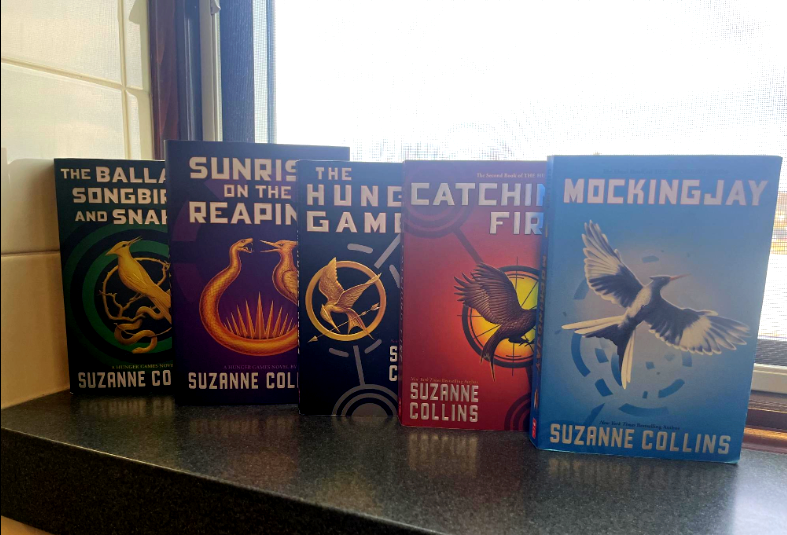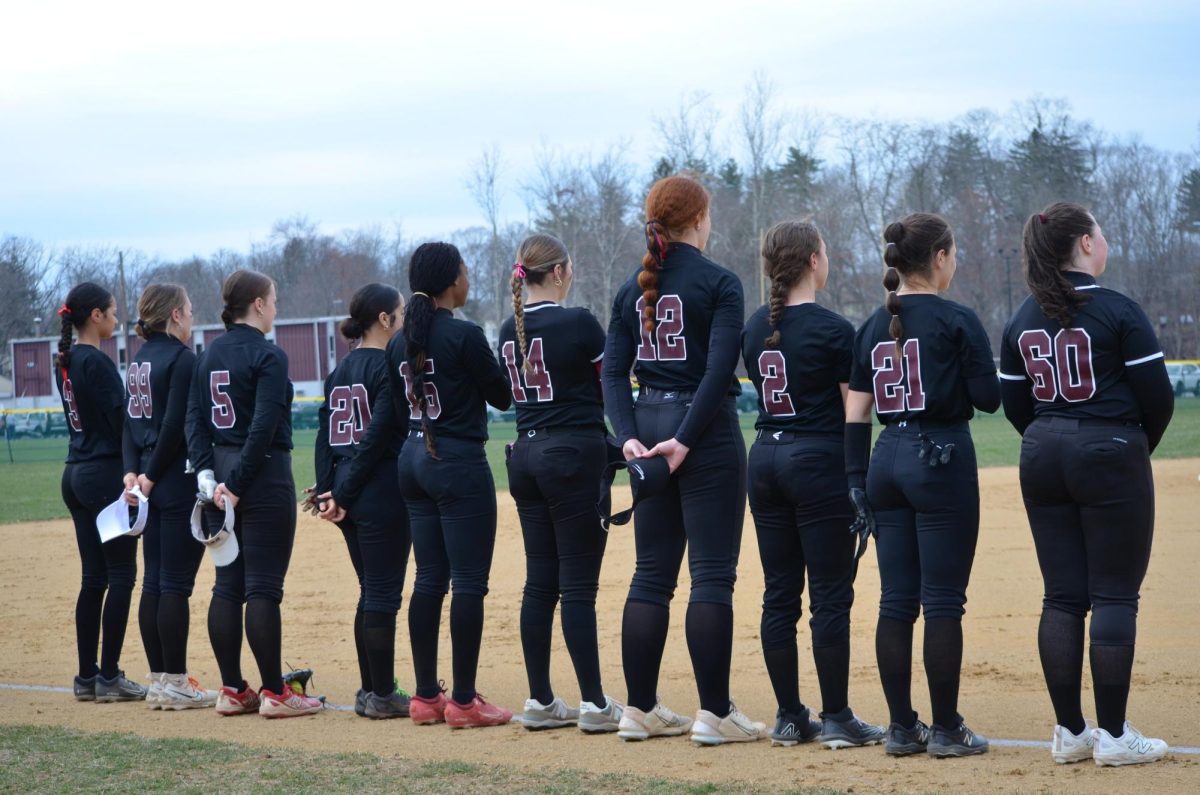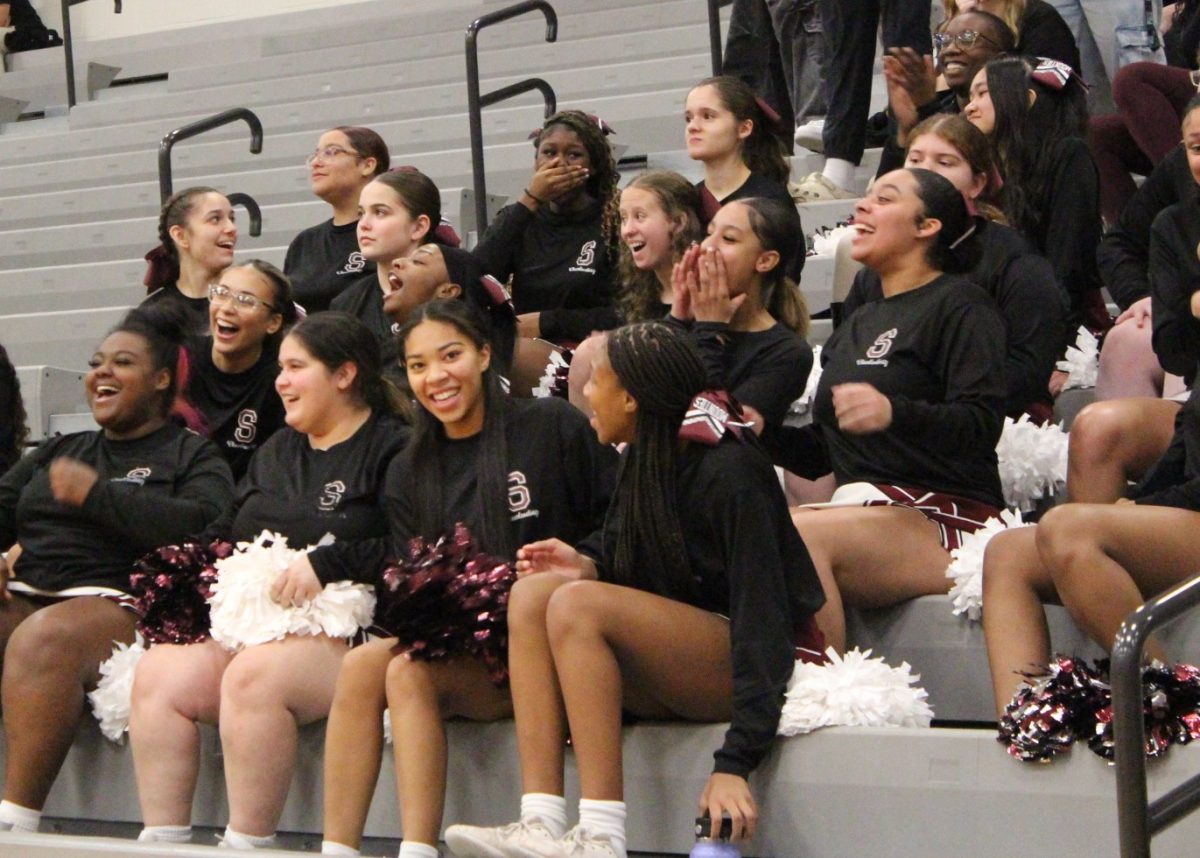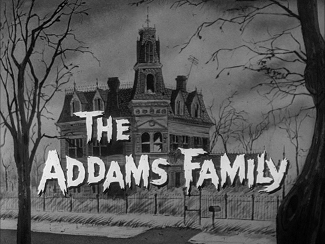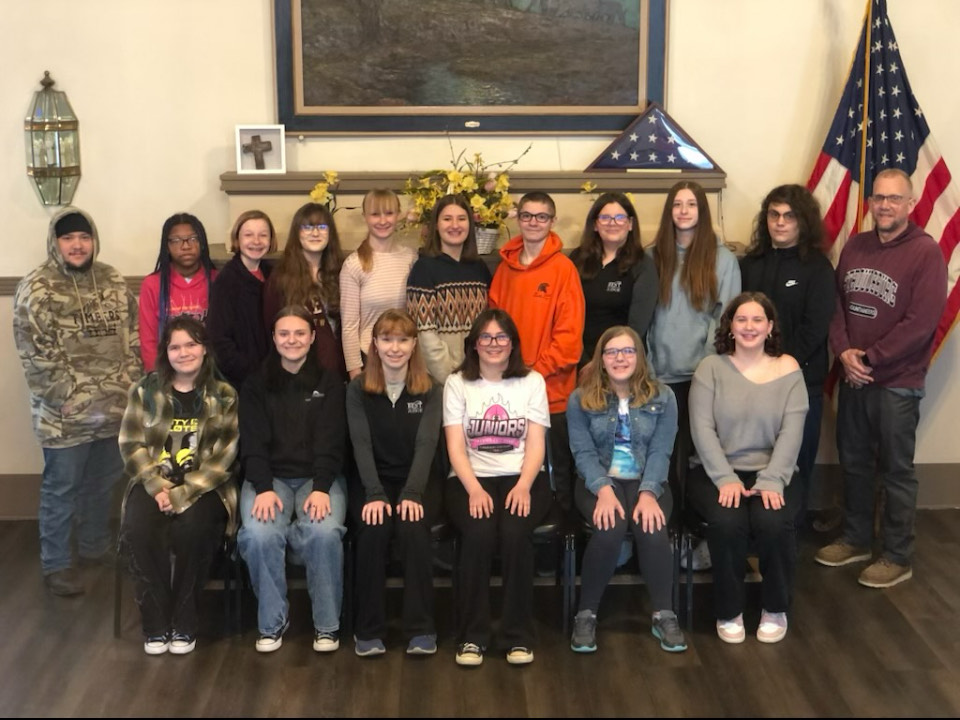Gone Girl: Twenty first century confinement
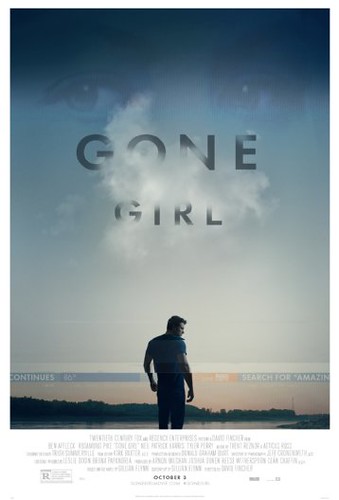
May 18, 2023
Although it’s been years since its release, people are still scratching their heads wondering what David Fincher’s adaption of Gillian Flynn 2012’s acclaimed novel, “Gone Girl” was really about.
The debate over the film’s overall message has been a talking point about the film since it was released in 2014.
The film overall is about a decaying and lethal marriage between two very similar yet completely opposite problematic people, Nick Dune played by Ben Affleck, and Amy Dune played by Rosamund Pike, are at the center of this film. With the audience witnessing these two characters’ questionable actions, and how the film puts them against each other, it seems like the film is asking the audience to pick a side. As if it were a philosophical match of some kind.
After watching the film, audience members believed the film was about the two sexes and the toxic roles they play in their marriages.
People saw this film as a satirical callout of gross, sluggish, and hypocritical toxic masculinity (with Ben Affleck’s performance as Nick Dune being just a plain lazy scoundrel) or overly aggressive and overly needy toxic feminism (with Rosamund Pike’s performance as Amy Dune being one of the best cinematic female villains to date). In reality, I believe that this film is saying neither of those things.
This film is about the idea of a person, what we expect from that person; the unrealistic high opinions and needs we have for ourselves; how we hold others captive with these models, and how we embrace these models of traps lays at the core of this film.
One of the examples is shown by Nick and Amy Dune’s hypocrisy.
Everything that these two characters believed and said throughout the film constantly contradicted their “morals” and opinions through their actions and their behavior.
The character of Nick Dune tries to convince everyone around him that he’s strong, charming, and prepossessing; but in his imprisonment with Amy, him being the male, you would expect to play the masculine enforcer. Instead, Nick constantly tries to play the empathic victim for the scolding crowd that he has to face and he doesn’t even realize the role of the relationship that he has been placed in.
Nick is a walking contradiction. When we first meet Nick, he is a young writer writing for a men’s magazine; therefore, it is safe to assume Nick is someone who is comfortable with his masculinity. When the 2008 recession hits, Nick is out of a job and moving back to his home state of Missouri. Instead of getting a new job, Nick makes the drastic decision that they should look to Amy’s trust fund as a resource to survive, resulting in Nick becoming a non-responsive deadbeat husband.
When things start hitting the fan with Amy’s disappearance, and when people start looking at Nick as a potential suspect, he definitely doesn’t help himself.
Nick’s reaction to this whole situation turns him from a questionable suspect to America’s number one fiendish monster; especially when it’s revealed that Nick has been having an affair with a student of his from a local college he teaches at.
Nick counters all the criticism that he receives with an even worse charade.
Nick embraces the role of the victim.
Nick constantly gives the officers dealing with the case incredibly vague answers, he acts oblivious to the possible scenarios that can happen with the outcome of this case. He seems completely unaware of his wife’s personal life, and once the pressure starts to weigh on his shoulders, Nick reacts the worst way possible by trying to portray himself as an all-American husband meeting volunteers with an ear-to-ear smile. Instead of winning the public’s trust, they find Nick’s comfortableness with the public as a major red flag, and most importantly the newly found information about his affair.
Nick reacts to the public’s national criticism in a way we wouldn’t expect from a former writer of a men’s magazine.
The charming boyish smile quickly starts to fade and is replaced with snares of annoyance.
By trying to not act guilty, Nick makes himself look more so with the emotional outburst that he displays in front of police officers, trying to be extremely hospitable to volunteers, and him defending his affair with his student to the point that his own sister becomes suspicious of him.
Not even Nick’s confident charming facade can help him escape this bondage that he has found himself in.
Meanwhile, Amy is the exact opposite of Nick; but the same in the way that she is a walking contradiction of what she paints herself to be.
Amy sees herself as a survivor, which is true in some ways, but she may be more of a predator than prey.
Amy Dune is one of the most notoriously loved and hated characters in modern cinema history. She has been the core of most discussions centering around this film.
Seen as either a modern, flawed feminist film icon or a satirical monster that displays the strongest feminine chauvinism, audience members have been wondering what exactly Amy Dune’s morals are.
The point is that there are no morals with Amy, she just seeks and destroys anyone that’s in her quest for complete validation.
Amy is willing to falsely accuse, manipulate, lie, cover up, and even kill to get her way. By doing this, she believes she’s becoming the ultimate defender of herself by destroying potential expectations that are asked of her in her environment. Destroying standards of herself by destroying the lives of others.
Amy mixes self-sympathy with self-gratification.
Amy is the opposite of Nick where Nick is a walking hot mess of an egotistical cesspool and Amy is a calculated, stamina-filled glacial machine.
They are different sides of the same purgatory-drenched coin.
The confinement of the world is also displayed by the filmmaking aspect of Fincher and company.
The lighting of the film is a very interesting aspect due to the total bleak and uncomfortable nature that is cast upon the film.
Diming or just a dark blank room. The lighting of “Gone Girl” manages to make a hot sunny summer Missouri day seem like a lifeless catacomb. The screenplay is nothing but excellence. Since the film is based on a book of the same-titled, written by Gillian Flynn, who also wrote the screenplay. Even the film has this novel-like atmosphere. There are sections that focus on different characters but still carry the same dread-filled and bleak themes. The sections that focus on Nick are extremely manic and claustrophobic; the confinement of his situation starts to collapse on him whereas with Amy it’s robotic and artificial. But even though, out of the two characters, Amy is the one that’s mostly in control, even she finds herself where she started; as a performing monkey. The musical score by Trent Reznor and Atticus Ross is a major element of the picture. Representing the true primal but robotic nature of Nick and Amy’s relationship. The quiet and blissful ambiance accompanies Nick and Amy at the beginning of their relationship then is replaced with static and piecing chainsaw-sounding guitars.
David Fincher and company were able to convey that no matter how much you scream, kick, and claw out of your personal abyss, you will always be tied to the past that you chose.





